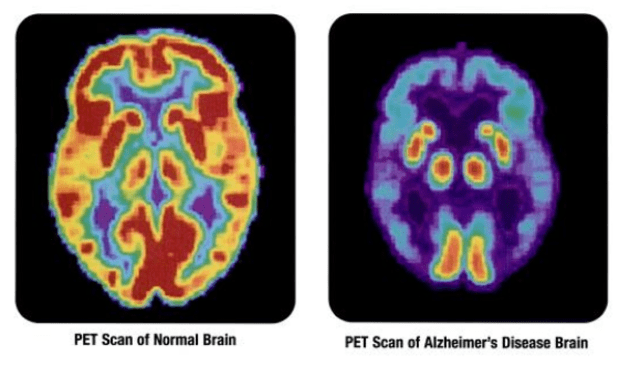
Most everyone knows someone with Alzheimer’s disease, dementia, or some similar or related illnesses. These diseases affect the memories and functional abilities of thousands of Americans each year, and are emotionally taxing on families all the while. Yet Daylight Savings Time – a practice that Americans still largely participate in – can be tremendously stressful for those suffering from and managing Alzheimer’s disease.
The changing of the clocks – something that so many people struggle with whom do not have any illness like the aforementioned – is even that much more difficult for individuals with Alzheimer’s and similar illnesses. ALZWAblog.org is another resource with wonderful work on the topic of DSL, Alzheimer’s, their effects, and “sundowning,” amongst other things.
But the Alzheimer Association recently detailed what makes DST so difficult as March 12 comes ever closer.
Sleep Issues in Individuals with Alzheimer’s and Dementia
For individuals with Alzheimer’s and dementia, Daylight Saving Time could cause sleep issues that can further exacerbate the symptoms of their condition. Alzheimer’s is a progressive brain disorder affecting memory, thinking, and behavior. It is estimated that over 6 million people in the United States are living with Alzheimer’s, including 230,000 Illinois residents, and this number is expected to grow as the population ages, especially in the elderly. Dementia, on the other hand, is a broader term encompassing a range of cognitive impairments, including memory loss, difficulty with language and communication, and problems with decision-making. Individuals with Alzheimer’s and dementia mostly experience sleep problems, including difficulty sleeping.
Sleep disturbances are common among people with Alzheimer’s and other dementias, including changes in sleep schedule and restlessness/wandering during the night. It has been reported that up to 45% of people with dementia may have sleep problems. Many people with Alzheimer’s wake up more often and stay awake longer at night. Those who cannot sleep may wander, be unable to lie still, or yell or call out, disrupting the sleep of their caregivers. Experts estimate that in the late stages of Alzheimer’s, individuals spend about 40% of their time in bed at night awake and a significant part of their daytime sleeping.
Connection Between DST and Sleep Disturbances in Alzheimer’s and Dementia
Individuals with Alzheimer’s and dementia are particularly vulnerable to sleep disturbances, and the disruption caused by DST can exacerbate their symptoms. These individuals often experience disrupted sleep-wake cycles due to cognitive impairments, leading to irregular sleep patterns and daytime drowsiness. The sudden change in the timing of the sunrise and sunset caused by DST can further disrupt their already fragile sleep patterns, leading to additional sleep disturbances such as waking up too early, difficulty falling asleep, and daytime fatigue.
“Research has shown us that not getting enough sleep because of insomnia or sleep apnea may result in problems with memory and thinking and increase the risk for Alzheimer’s-related brain changes,” said Maria C. Carrillo, PhD, Alzheimer’s Association chief science officer. “findings show that disrupted sleep patterns not only put the overall health of people with dementia at further risk, they may also worsen their memory loss and disrupted thinking.”
The connection between Daylight Saving Time and sleep disturbances in people with Alzheimer’s and dementia is particularly concerning as sleep plays a vital role in cognitive function and memory consolidation. Sleep disturbances can exacerbate the cognitive decline associated with Alzheimer’s and dementia, making it even more difficult for individuals to perform daily activities and maintain independence.
Caregivers and healthcare professionals must be aware of the impact of DST on individuals with Alzheimer’s and dementia and take steps to mitigate its effects. Adjusting the sleep schedule gradually, providing exposure to natural light, and creating a comfortable sleep environment can help individuals with Alzheimer’s and Dementia adjust to DST and improve their sleep quality.
Managing DST and sleep for people with Alzheimer’s and Dementia can be challenging, but some strategies can help. It is important to establish a regular sleep schedule, limit caffeine and alcohol intake, and create a comfortable sleep environment. Caregivers should also monitor for signs of sleep disturbance and adjust their routines accordingly. By managing DST and sleep, individuals with Alzheimer’s and dementia can improve their quality of life and better manage the symptoms of their condition.










